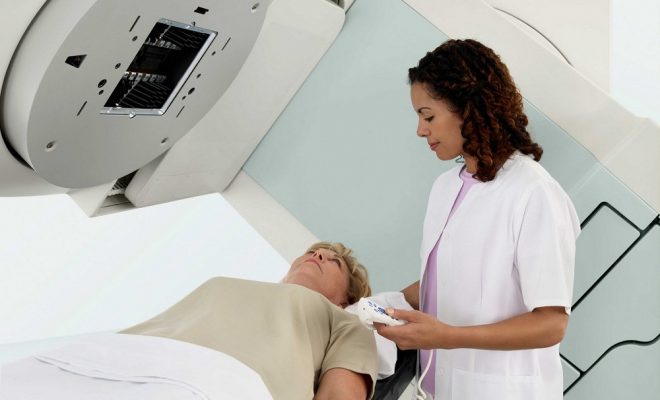Reducing the risk of getting ill or injured as a nurse

Whenever you’re doing physical work, there are inevitably hazards involved. Looking after your body is essential to continuing in your nursing career, and avoiding illness also helps to keep your patients safer, but sometimes the number of safety rules can seem overwhelming, and it’s difficult to avoid compromise when you’re under pressure. How should you prioritize your safety?
Keep vaccinations up to date
Over the course of your work as a nurse, you will inevitably be exposed to contagious diseases, and not just COVID-19. The first line of defense is vaccination. Getting all your recommended vaccines and boosters on time keeps your immune system primed to fight the most common diseases you’ll encounter. It helps to keep you fit and well and reduce the risk of you infecting vulnerable patients.
Follow infectious disease protocols carefully
In its accelerated nursing programs, California is now putting more emphasis than ever on understanding disease protocols. Where this used to be a specialty, the pandemic has emphasized that it’s something that every nurse needs to know. While handwashing and sanitation are vital, especially around patients with low immune systems, each contagious disease comes with specific risks, so what’s most important is being ready to adapt.
Learn how to lift
Lifting injuries are one of the biggest risks that nurses face, and they can be career-ending or cause lasting disability. It’s vital to pay attention when you’re taught how to lift and never deviate from the standard procedures unless on the advice of a physiotherapist. The vast majority of patients can manage by themselves or be safely lifted using hoists. Don’t be tempted to take shortcuts.
Wear the right shoes
Still more common than lifting injuries – and sometimes just as damaging – are slips, trips and falls. In an environment where cleaning is constant, it’s impossible to avoid slippery floors, though you should always use and pay attention to safety signs. The best thing you can do to protect yourself is to wear the right sort of shoes. These will also reduce muscle strain in your legs and back caused by spending long periods of time on your feet.
Know when to stop
When you’re working on a busy ward, you’ll often find yourself under pressure to stay on longer or add more hours to your weekly schedule, but there comes a point when this simply isn’t safe. Although it’s very hard to walk away when there are patients who need you, this is something that every healthcare professional has to learn how to do. If you can no longer manage physical tasks reliably or make good decisions, it’s time for a rest.
The key thing to remember in nursing is that if you don’t look after yourself, you won’t be able to help anybody else. Valuing your own wellbeing is essential to the job. By reducing the risk of illness or injury, you increase your chance of being able to enjoy a long career, continually improving your skills and making a positive difference in the world.







